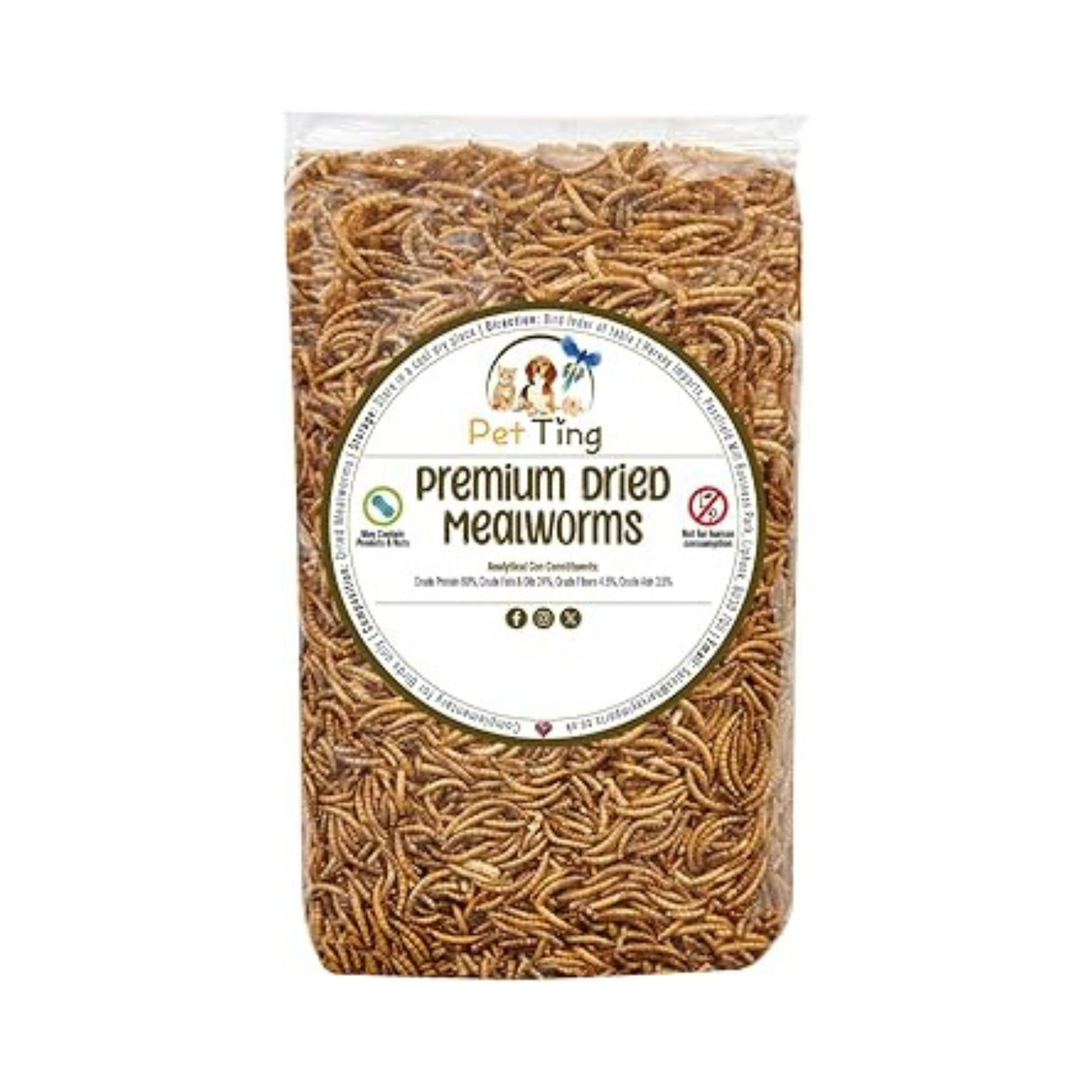Robins will be flocking to your garden if you do these 5 simple things, according to experts
Wildlife specialists reveal how to attract robins to your garden

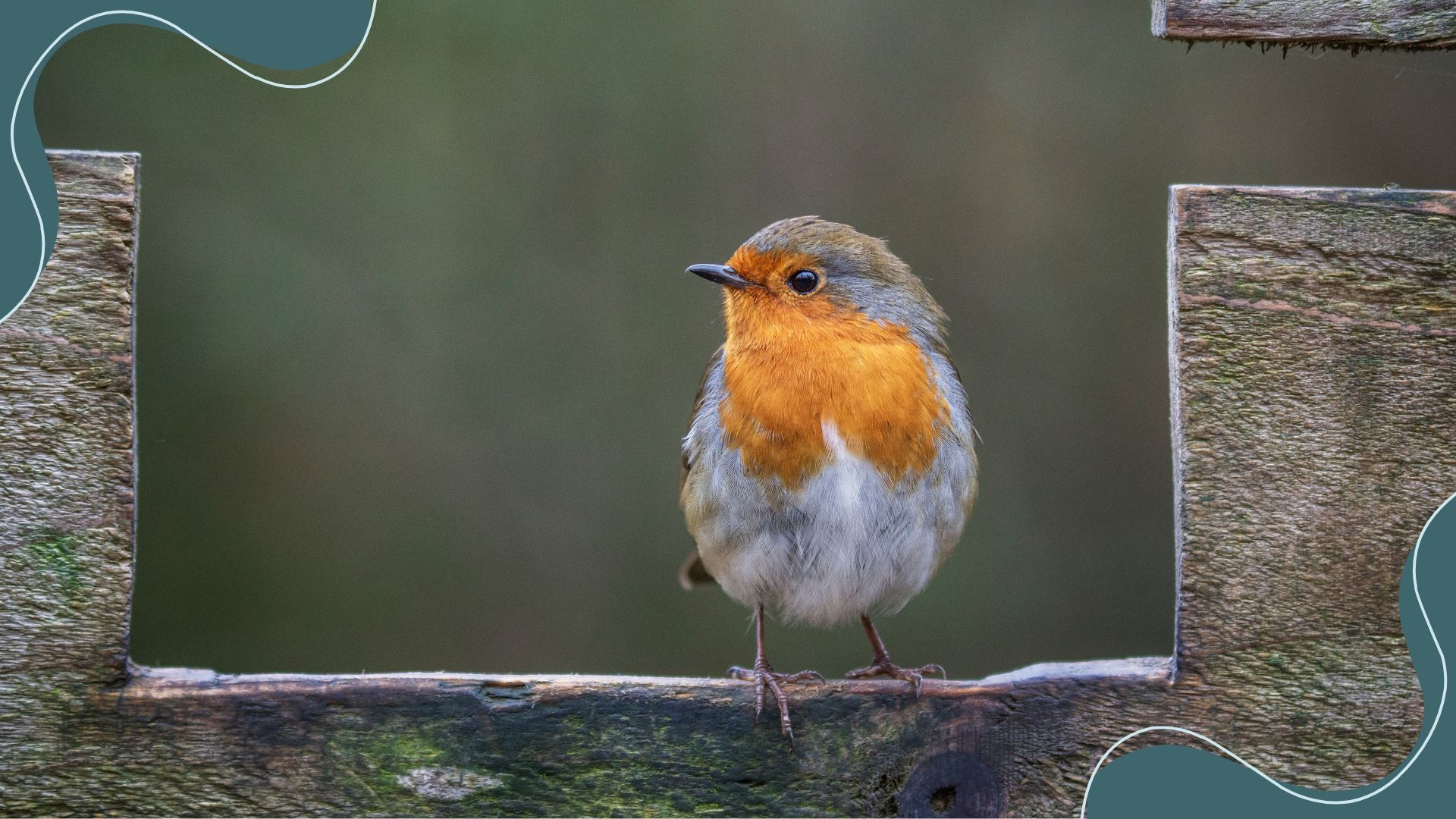
Sign up to our free daily email for the latest royal and entertainment news, interesting opinion, expert advice on styling and beauty trends, and no-nonsense guides to the health and wellness questions you want answered.
You are now subscribed
Your newsletter sign-up was successful
Want to add more newsletters?

Daily (Mon-Sun)
woman&home Daily
Get all the latest beauty, fashion, home, health and wellbeing advice and trends, plus all the latest celebrity news and more.

Monthly
woman&home Royal Report
Get all the latest news from the Palace, including in-depth analysis, the best in royal fashion, and upcoming events from our royal experts.

Monthly
woman&home Book Club
Foster your love of reading with our all-new online book club, filled with editor picks, author insights and much more.

Monthly
woman&home Cosmic Report
Astrologer Kirsty Gallagher explores key astrological transits and themes, meditations, practices and crystals to help navigate the weeks ahead.
There are various ways you can attract birds into your garden, but when you're specifically aiming for one species, it's good to know what conditions they prefer. And what better bird to welcome into your garden during autumn and winter than robins?
So if you're ready to get into the festive spirit, here are five ways you can improve your garden to tempt the red-breasted bird to make it its new home.
How to attract robins to your garden: 5 expert tips
Whether you want to attract birds to your garden to get rid of slugs or you want to embrace the autumn season, here are five ways to bring robins to your garden.
1. Provide the right food
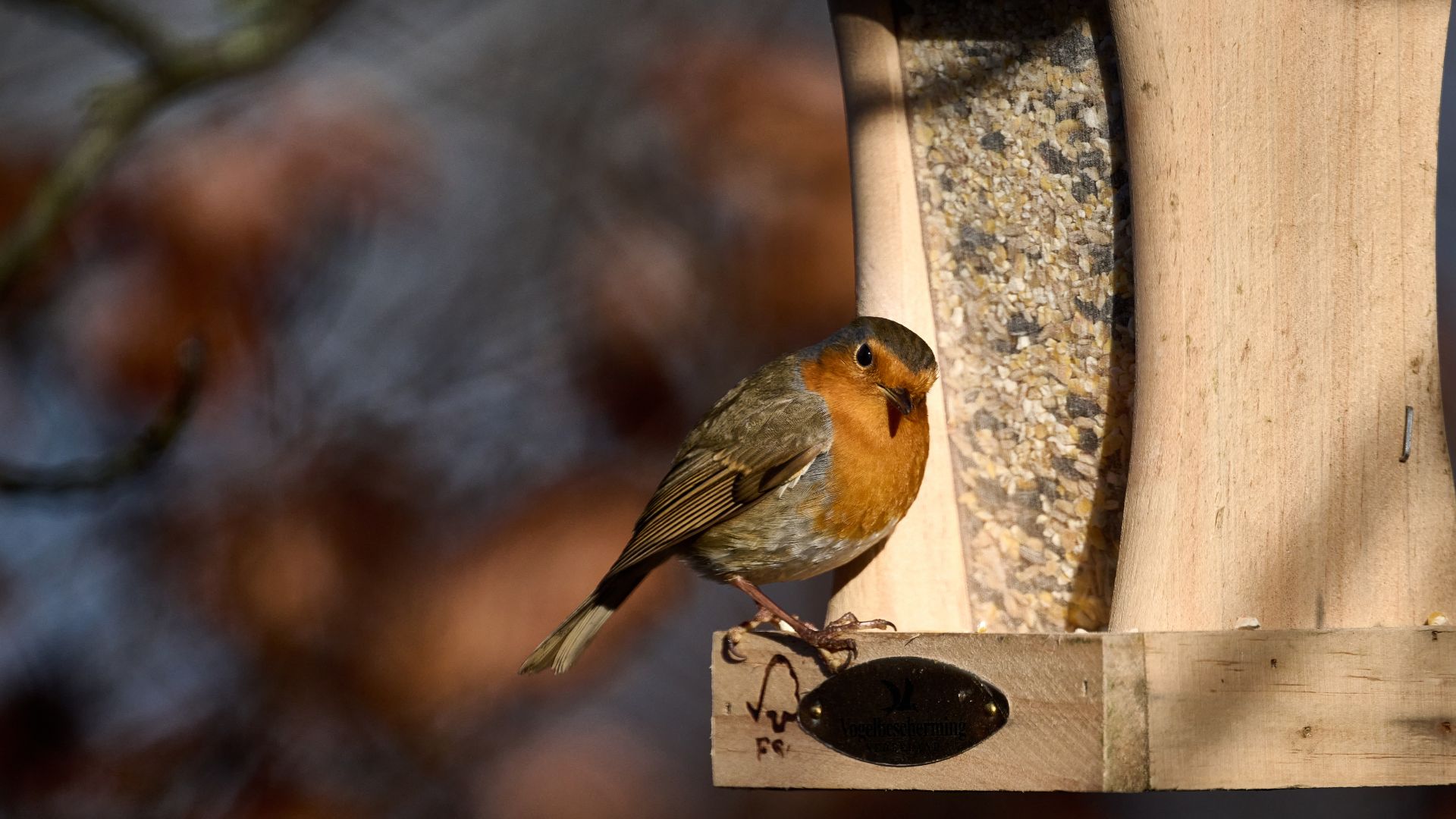
Knowing what you can and cannot feed wildlife is extremely important, both to their health and, of course, their interest in living in your garden. For robins, feeding them the right food will keep them coming back.
"Robins have a strong preference for live or dried mealworms," explains Petar Ivanov, gardening expert at Fantastic Gardeners. "If you want to instantly attract robins, put these out in a shallow dish or feeder designed for ground-feeding birds."
"Besides that, they’ll also eat soft foods, such as suet, sunflower hearts, raisins soaked to soften and fruit such as chopped apples or pears. Keep in mind that robins are natural ground feeders," he adds.
Petar also recommends that instead of hanging feeders, you place food on a low platform, a bird table or even directly onto bare soil.
Sign up to our free daily email for the latest royal and entertainment news, interesting opinion, expert advice on styling and beauty trends, and no-nonsense guides to the health and wellness questions you want answered.

Peter has been a gardening and plant expert at Fantastic Gardeners for over 8 years, he is now one of the company's top-performing experts and manages over 6 teams of gardeners. He works on creating stunning landscapes and prioritises sustainability in his gardening methods.
2. Give access to clean water
Aside from the best foods to feed birds, an often overlooked need of theirs is fresh, clean water. "Provide a shallow bird bath, ideally no more than a couple of cm deep, with sloping sides or stones for perching," instructs Petar.
"Robins need water for both drinking and bathing, especially during dry weather," Petar explains.
It's a good idea to keep an eye on the bath and make sure it's not filled with debris or growing algae.
3. Offer shelter and nesting sites
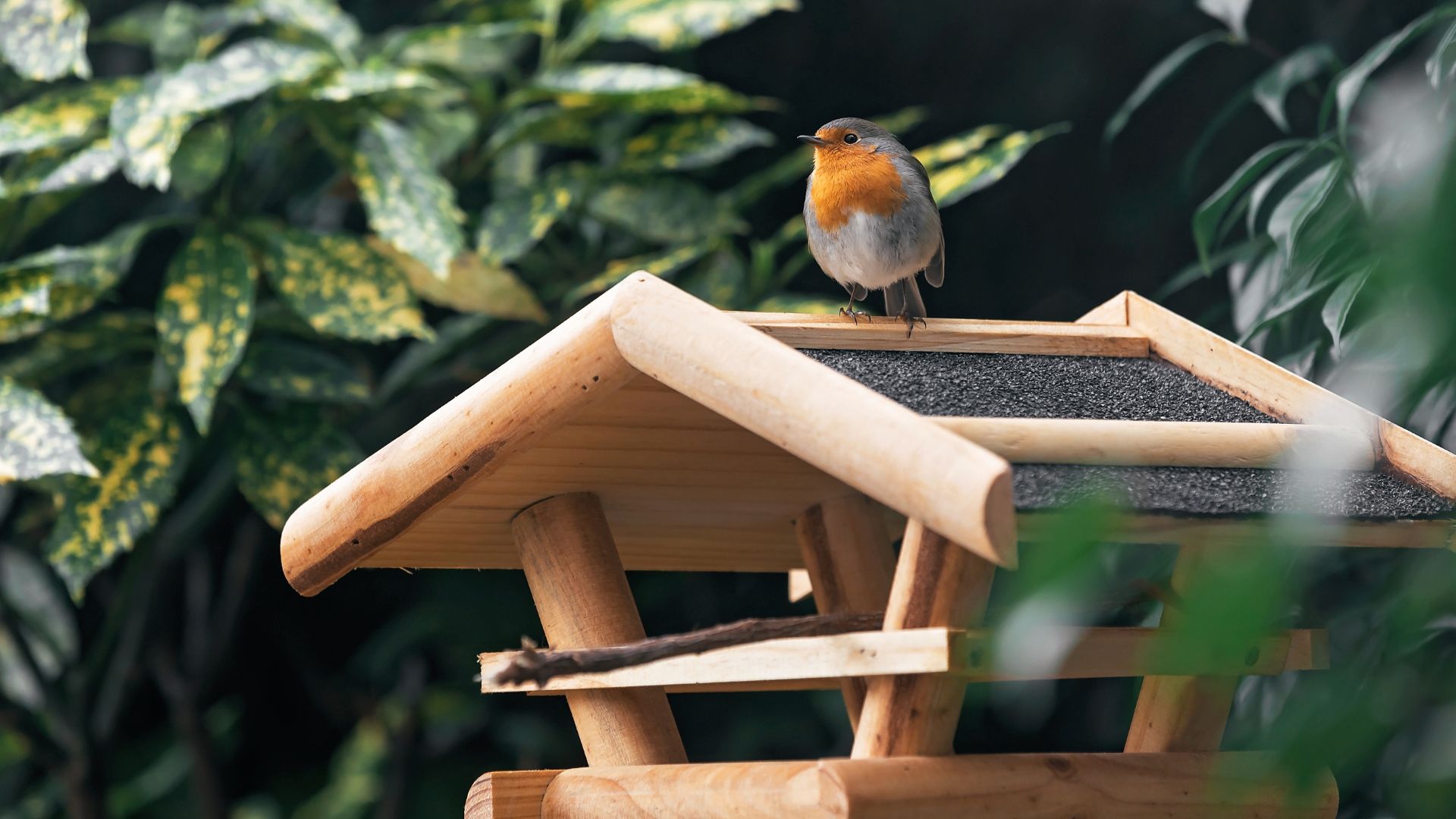
Providing shelter for wildlife is a main element in the rewilding trend, and is a great way to encourage more critters into your space – we know this from attracting hedgehogs into our gardens. There are several ways you can do this.
"Think about shrubs and hedges. Dense native shrubs such as hawthorn, holly, and ivy provide both food and cover. You can also install nest boxes," suggests Petar.
"Robins prefer open-fronted nest boxes fixed in a quiet, sheltered spot, often among dense shrubs or climbing plants. Place them at about chest height, out of strong sunlight and prevailing winds," he continues.
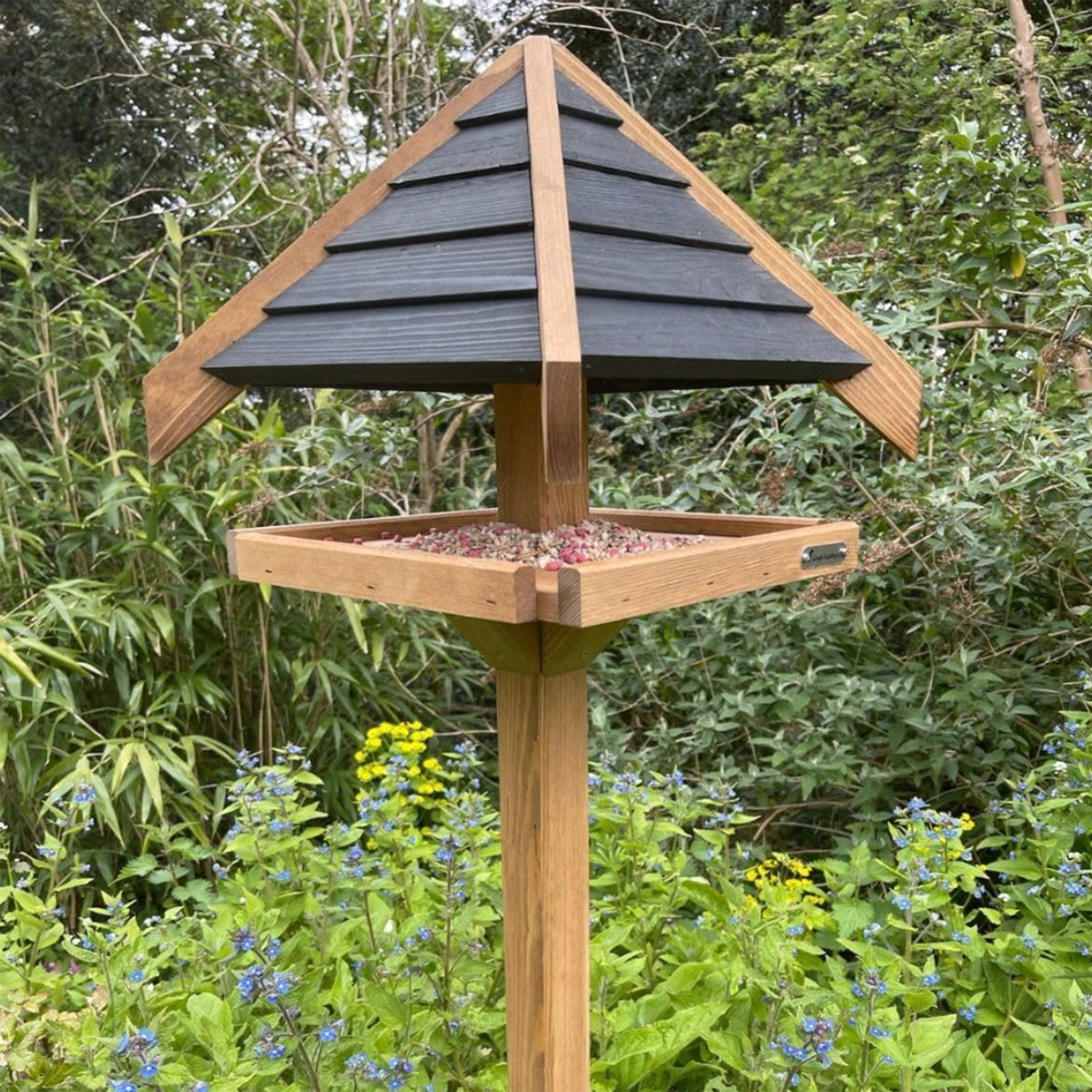
RRP: £61 | Offer shelter while they feed with this beautifully crafted bird table with a sloped roof. The mounting stake makes it ideal for vegetable beds.
4. Adjust your gardening practices
While you may be eager to sort your garden out before the bad weather hits and crack on with your September gardening jobs, don't rush with clearing everything.
"Leave leaf litter. Robins forage in leaf litter for worms and insects, so avoid clearing every corner of the garden. Start a compost heap. A compost pile provides warmth and attracts invertebrates, which is a natural robin food source," states Petar.
He adds, "Stop using pesticides. Chemicals reduce insect numbers. If you avoid them, you’ll encourage more of the natural prey robins rely on."
5. Consider seasonal timing and their habits
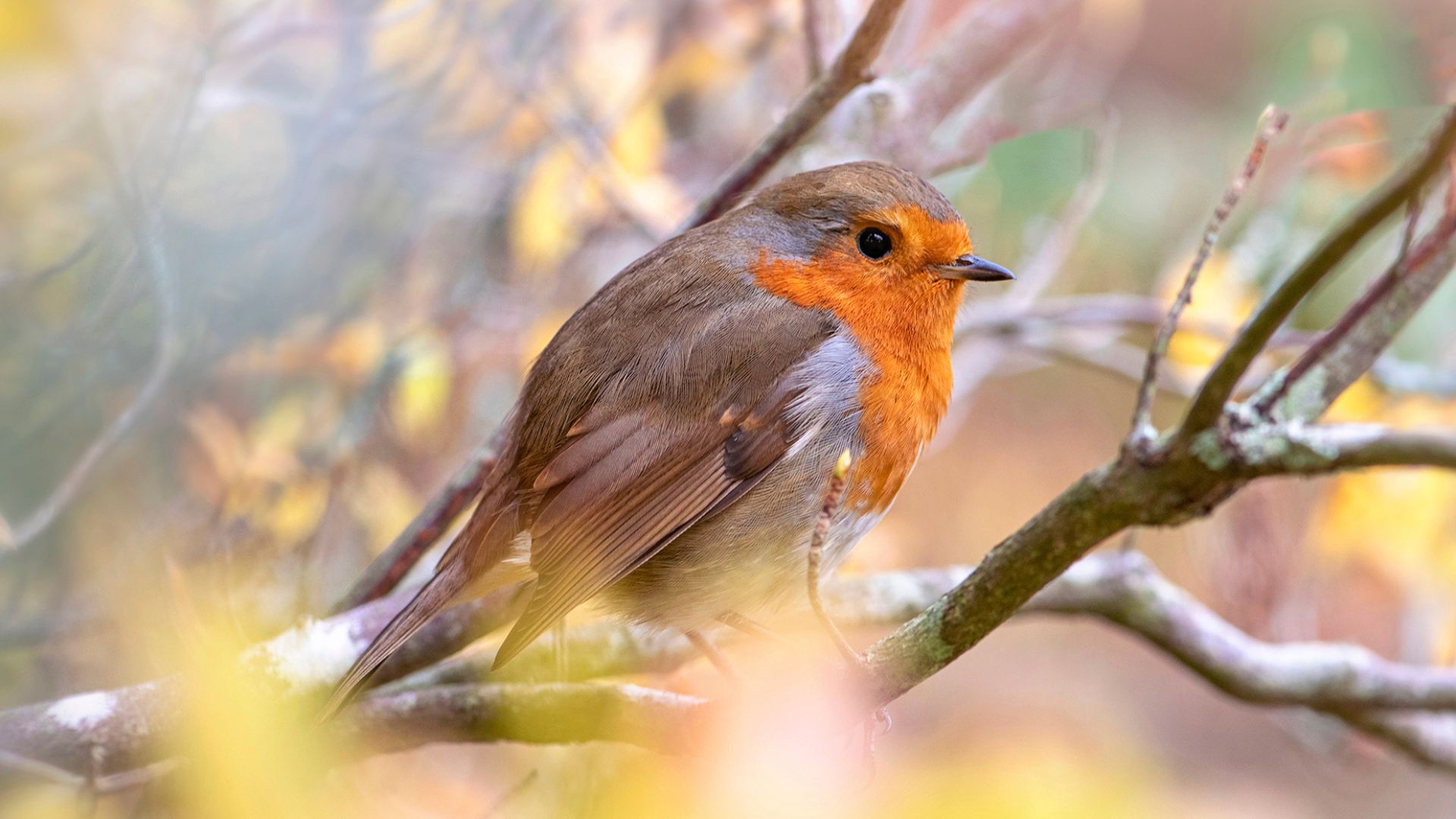
It can be easier to attract robins when you know their behaviours, so that you can accommodate them and help them feel more comfortable in your garden.
"Robins are highly territorial, so you’ll generally only get one breeding pair in a garden. By making your space appealing, you encourage them to stay and defend the territory," starts Petar.
"They are particularly active in autumn and winter around feeders, when natural food is scarcer. If you want robins to become tame and a regular feature, consistency matters," he continues.
Petar recommends putting food out at the same spot and roughly the same time every day. Eventually, you might even be able to feed the robins from your hand should they feel safe enough.
FAQs
What is the best food to attract robins?
If you want to make sure that you're putting out the right food to attract robins, then there are a couple of options, but there's one standout favourite for the birds.
"Robins have a variety of foods they love, with mealworms being a particular favourite, and they enjoy these both live and dried," explains Chris Bonnett, founder of GardeningExpress.
"If you’re offering them dried food, just be sure to soak them in warm water first to provide hydration for easy digestion and mimic live prey. They also enjoy soft, dried fruits like raisins and sultanas."

Chris Bonnett is the founder of online garden centre GardeningExpress and has been in the horticulture industry for over 20 years. Whilst he was a teenager he combined his passion for the outdoors with the internet to deliver quality plants across the UK and Europe.
Why are there no robins in my garden?
Sometimes, even when you've done everything you can to attract wildlife to your garden, they can choose not to visit. You can add all the best plants for pollinators and still not see many bees; the same can happen for robins, too.
"If you are not seeing robins in your garden, this can be because they do not have access to food or water, there are no suitable nesting sites, or there are predators in your garden," says Richard Barker from LBS Horticulture.
"Seasonal behaviour changes can also affect the birds that you see in your garden, as they may have moved to different foraging grounds, be hunting for food for chicks or hiding from predators while they are going through their annual moult," he continues.
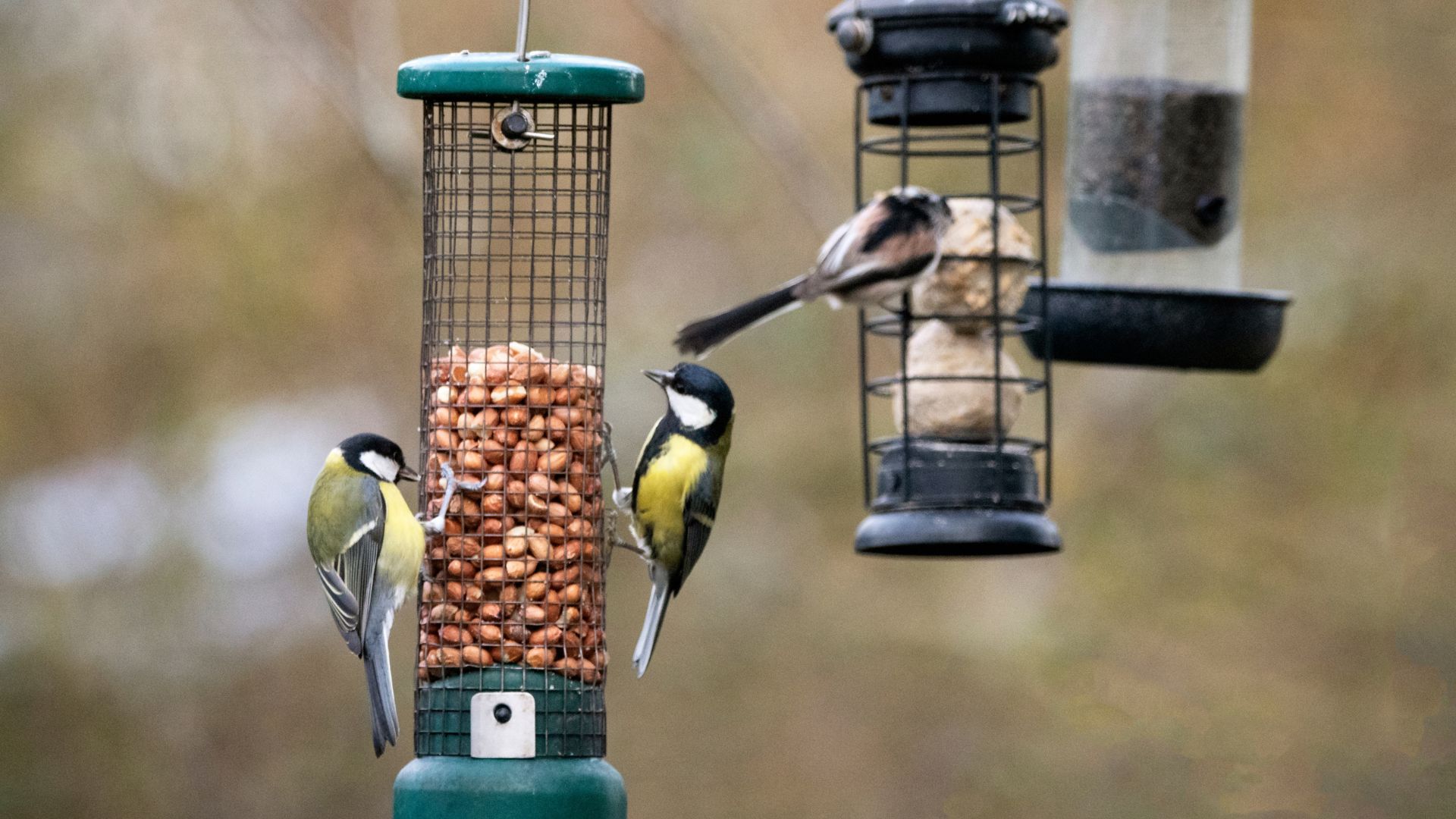
Where is the best place to put food for robins?
Although you may be trying to keep rats out of your garden, unfortunately, robins are ground feeders, so they like their food as low as possible.
"Avoid placing food on the soil as this can lead to contamination with droppings. Instead, use a ground feeding tray or a low platform bird feeder. Keep them in quiet and sheltered areas of the garden with good visibility so they can watch for predators," suggests Chris.
As we get closer to winter weather, it's important that you also protect your plants from frost and the rest of your garden from heavy rain. That way, there's more for robins to enjoy through the seasons, and chances for regrowth come spring.

Emily joined woman&home as a staff writer after finishing her MA in Magazine Journalism from City University in 2023. After writing various health and news content, she now specialises in lifestyle, covering unique cleaning hacks, gardening how-tos, and everything to help your houseplants thrive.
You must confirm your public display name before commenting
Please logout and then login again, you will then be prompted to enter your display name.
